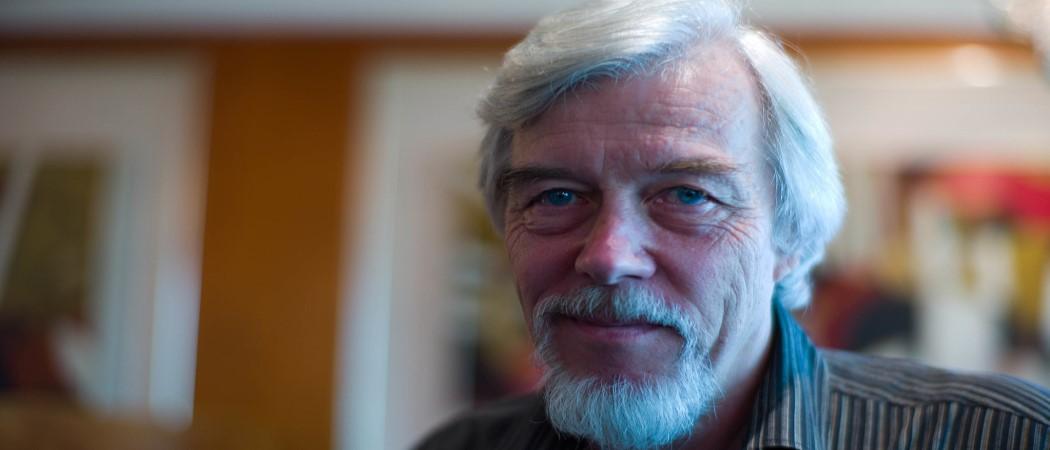Public trust in scientific advice would improve if scientists engaged more effectively with the general public, says Rolf-Dieter Heuer, chair of the European Commission’s group of scientific advisors

Rolf-Dieter Heuer, chair of the European Commission’s group of chief scientific advisers. Photo: Joi Ito.
The coronavirus pandemic has brought science to the forefront of policy, but to avoid the erosion of public trust in experts and scientific advice, scientists should be careful not get involved in politics, the chair of the European Commission’s group of chief scientific advisers has warned.
“If you want to find something positive in this pandemic, then it is the interaction between the general public, politicians and the scientists,” said Rolf-Dieter Heuer during a live webcast on Tuesday, which was part of a broader communications effort by Science Advice for Policy by European Academies to explain to the broader public how science informs policies.
The pandemic has put enormous pressure on scientists and public health experts, and on EU and national decision makers. With many countries in Europe now in a second lockdown, more people are contesting the necessity of these control measures, challenging the authority of governments and the validity of scientific evidence underpinning public health policies.
In early March, the UK government initially seemed to favour shielding vulnerable groups and letting people who would be less likely to suffer serious COVID-19 infections carry on as normal, to promote herd immunity, but faced with disease models forecasting high mortality, imposed a total lockdown.
Sweden, meanwhile, chose not to enforce any lockdown measures, but its chief epidemiologist Anders Tegnell later said he wished he had taken a slightly different path.
Other countries imposed strict social distancing measures and decided to shut down schools much earlier than others.
All these decisions were largely based on the scientific evidence available to each government, but other political considerations were also factored in. The wearing of masks in public spaces became highly politicised, with critics likening them to muzzles and as government attempts to silence dissent.
Such polarised political contexts will reduce “social trust in scientific experts”, Heuer said. To avoid this, scientists should stay away from politics. “The political decisions have to come from politicians, the scientists should stay away from that and just give recommendations,” he said.
Heuer, a physicist and former director general of CERN, leads a group of seven scientific advisers who formulate science-based advice for policy makers in the European Commission.
He said scientists should always keep in mind the need to explain their work and conclusions to policymakers, and also to the public.
When CERN’s Large Hadron Collider was about to be put into service, fear stories circulated that experiments to be run in the particle accelerator would create black holes. Heuer said CERN had to coordinate a group of scientists, who were told to treat all public questions seriously.
The group produced scientific papers explaining the experiments to experts and also summarised them for the society at large. “We produced highly scientific, very detailed scientific papers, only for the experts, and then boiled it down to a shorter paper for the scientific community, and boiled this even further for the layman,” said Heuer. “And that helped a lot.”
Heuer said scientists should listen to questions from the public and try to answer them consistently, despite diverging public opinions. “Scientists have always to keep in mind that they have to explain things,” he said.





 A unique international forum for public research organisations and companies to connect their external engagement with strategic interests around their R&D system.
A unique international forum for public research organisations and companies to connect their external engagement with strategic interests around their R&D system.